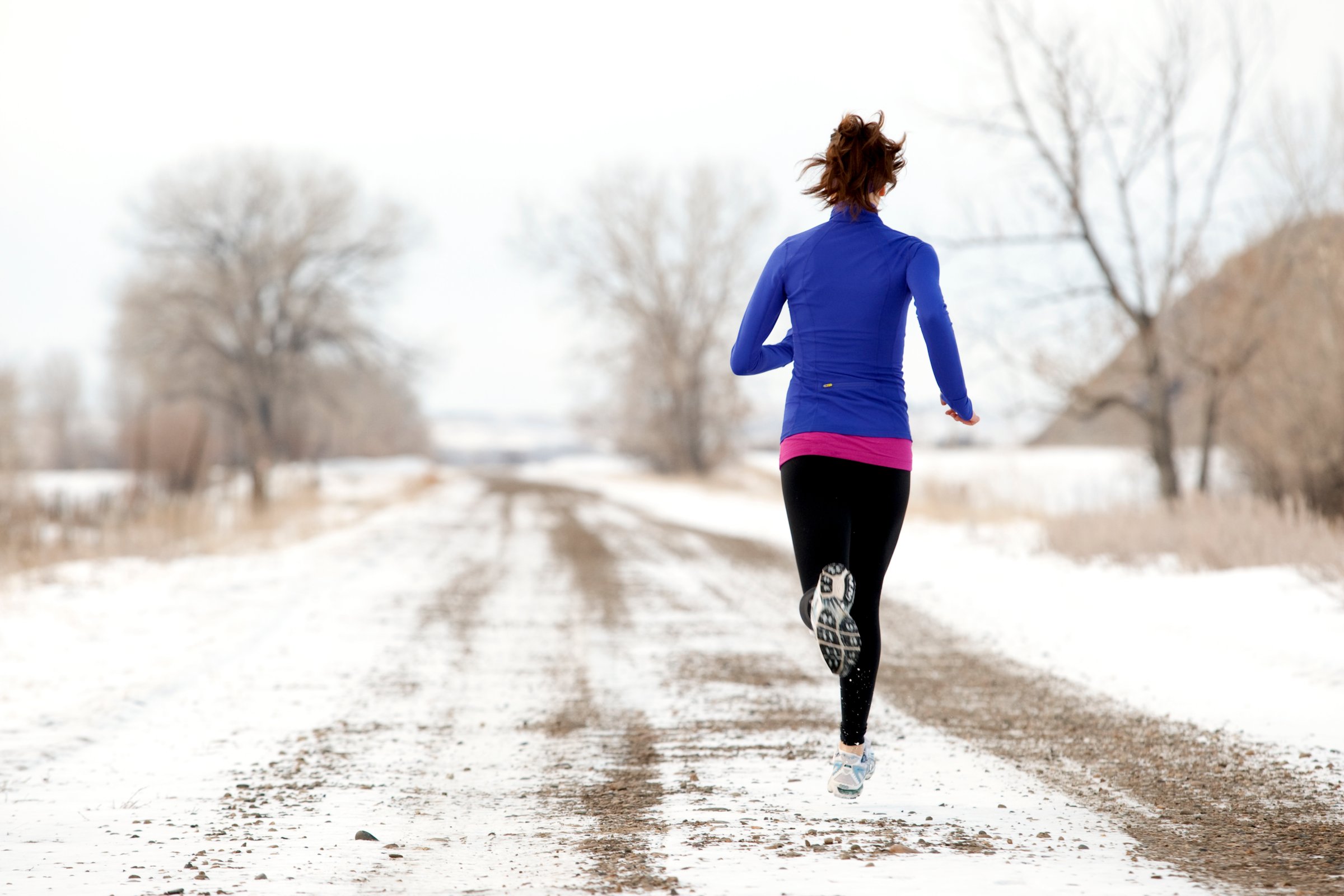
A Walk Outside Can Boost Creativity and Concentration
Studies show that a stroll outdoors can actually improve brain function and mental focus. Walking not only results in increased physical activity, it also promotes the free flow of ideas, according to Stanford University researchers.
Another study by psychologists from the University of Utah and University of Kansas found that backpackers scored 50 percent higher on creativity tests after spending four full days in nature without any electronics. “Burying yourself in front of a computer 24/7 may have costs that can be remediated by taking a hike in nature,” co-author David Strayer said in a statement.
Research also suggests that time outside can improve focus. Children with ADHD are likely to score higher on concentration tests after time outdoors. Those children who strolled through a park saw a greater increase in focus than those who walked through a residential neighborhood or urban area.
Going Outdoors Can Improve Your Mood
It’s no secret that winter can bring on the blues. Seasonal Affective Disorder (SAD) is the cause of reoccurring depression in 10 to 20 percent of women in the U.S. Symptoms of SAD can include anxiety, exhaustion, and overwhelming sadness. Researchers believe SAD is a result of shorter days in the winter, and the fact that there is less natural light. The cold can also keep even regular exercisers indoors, reducing their sun exposure. One quick and easy treatment for SAD: more time outside (even when it’s chilly or cloudy), according to the Mayo Clinic.
More Outdoor Time Means More Vitamin D
In addition to easing SAD symptoms, time spent in natural light gives our bodies a chance to soak up vital rays. Vitamin D helps ward off heart attacks, and may even improve conditions including osteoporosis and some types of cancer. Although we can obtain vitamin D from foods like salmon and cheese, we get 80 to 90 percent of it from the sun. But don’t forget to smear on some SPF if you’re going to be outside for longer than a few minutes. Just because it’s winter doesn’t mean the sun won’t damage your skin.
The Outdoors Can Recharge Your Exercise Routine
Working up the motivation to exercise outside is trickier when it’s windy, snowy, or just plain cold. But being outside gives runners a better workout, burns more calories for cyclists, and makes physical activity more enjoyable overall, according to The New York Times. That means enduring the elements to jog on a frosty day may actually help us relish our workouts.
“The number one best part of going outside during winter is the solitude and space,” says Sarah Knapp, founder of OutdoorFest, a New York-based organization that encourages city dwellers to go outdoors. “The trails are significantly less crowded, a layer of snow quiets the world down, and when the trees lose their leaves, views are more expansive.”
Natural light may hold healing powers, according to a study from the University of Pittsburgh. Researchers found that spinal surgery patients saw lower levels of both pain and stress after they were exposed to more natural sunlight. In fact, patients exposed to 46 percent more sunshine took 22 percent less pain medication per hour.
Another study, published in 2008 in the Journal of Aging Health, suggests that getting outside remains just as important as we age. Seventy-year-olds who spent time outdoors daily reported fewer bouts of pain and had less trouble sleeping. They also seemed to show less of a decline in day-to-day activities. In other words, the outdoors may help us stay healthy later in life.
This article originally appeared on RealSimple.com.
More from Real Simple:
More Must-Reads from TIME
- Cybersecurity Experts Are Sounding the Alarm on DOGE
- Meet the 2025 Women of the Year
- The Harsh Truth About Disability Inclusion
- Why Do More Young Adults Have Cancer?
- Colman Domingo Leads With Radical Love
- How to Get Better at Doing Things Alone
- Michelle Zauner Stares Down the Darkness
Contact us at letters@time.com



